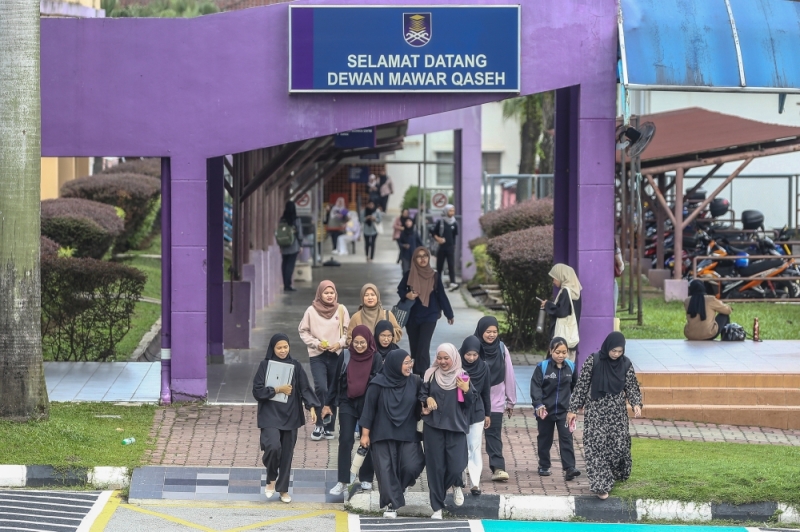MAJORITY of Asean countries are progressively formulating their electric vehicle (EV) roadmap to attract mega projects/ investments/infrastructure.
While Thailand, Indonesia and Singapore are at the forefront – charging ahead with various incentives/ taxes – Malaysia and the Philippines appear to be trailing its regional peers in adopting the EV potential, according to Maybank IB Research.
“Much of their focus is still internal combustion engine (ICE)-driven,” observed analyst Liaw Thong Jung.
“Malaysia’s National Automotive Policy was ambiguous on its EV roadmap (investment, incentives) and appears to be falling behind its regional counterparts.”
Investment-wise, Liaw pointed out that while Porsche AG is in an advanced talk to set up an assembly plant for completely knocked down (CKD) Macan & Cayenne models for the Asean market (by identifying Inokom as its partner), Malaysia has lost Hyundai following the shutdown of its Asia Pacific headquarters in Kuala Lumpur (to relocate to Indonesia).
“Meanwhile, the Philippine’s EV roadmap lacks clarity and direction as well,” added Maybank IB Research.
On the contrary, the research house noted that the Thai Government is aggressively pursuing the EV segment as it (i) aims to make the country an EV hub for Asean by 2025; and (ii) has set a target to produce 250,000 EVs, 3,000 electric public buses and 53,000 electric motorcycles by then.
“The goal is to increase EV’s (i) market share of domestic production (2.5 million units) to 30% (or 750,000 units) in 2030 and (ii) 1.2 million units by 2036,” wrote Liaw in his automotive sector update.
Among the incentives rolled out by the Thai government are that: (i) businesses undertaking 5 billion baht (US$165 mil) or larger EV projects will be exempted from corporate taxes for eight years and (ii) tax holidays within the EV supply chain, particularly for manufacturers of battery modules and battery cells.
Elsewhere, the research house noted that Indonesia is targetting a minimum 20% of its vehicles to be EVs by 2025.
To-date, the country has attracted multiple EV-related investment programmes, namely (i) Toyota (US$2 bil); (ii) Hyundai (US$1.55 bil); and (iii) China’s Contemporary Amperex Tech (US$5 bil for a lithium battery plant).
Moreover, Indonesia is also continuously pursuing new investment in the likes of Tesla and LG Chem (US$9.8 bil for EV battery factory). Currently, Indonesia is the largest nickel producer in the world (nickel is a key component for battery manufacturing).
Singapore which aims to phase out ICE vehicles by 2040 will spend S$30 mil over the next five years for its EV-related initiatives. To encourage EV adoption, it will narrow the cost differential between EV and ICE cars by (i) zerorising its additional registration fee (ARF) tax for EVs from January 2022 to December 2023; (ii) revising its road tax structure to bring
the cost of ownership of EVs closer to ICE vehicles; and (iii) targetting 60,000 charging points (vs 28,000 units previously; current: 1,600 units) by 2030.
Moreover, Hyundai will also invest S$400 mil to set up a research & development (R&D) centre for small scale EV production facility (capacity: 30,000 units per annum by 2025) in the country. – Feb 18, 2021










